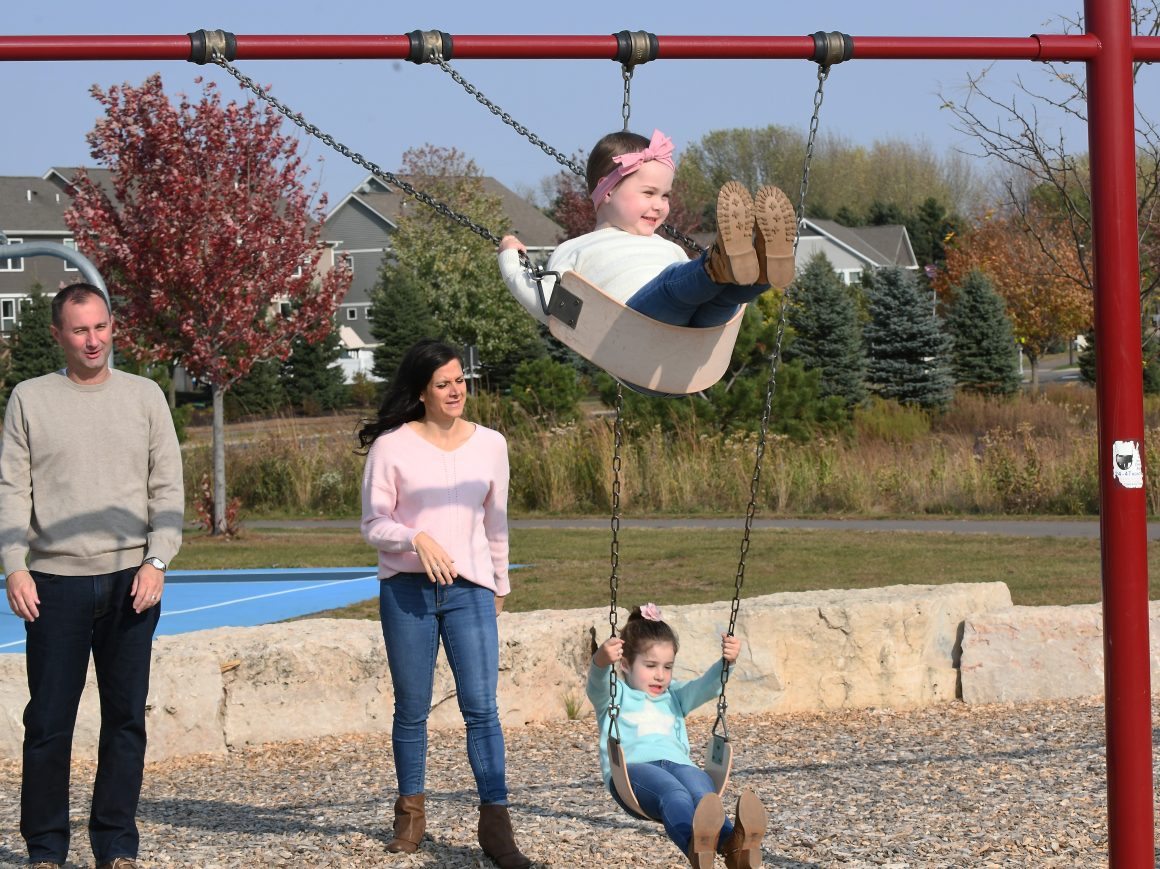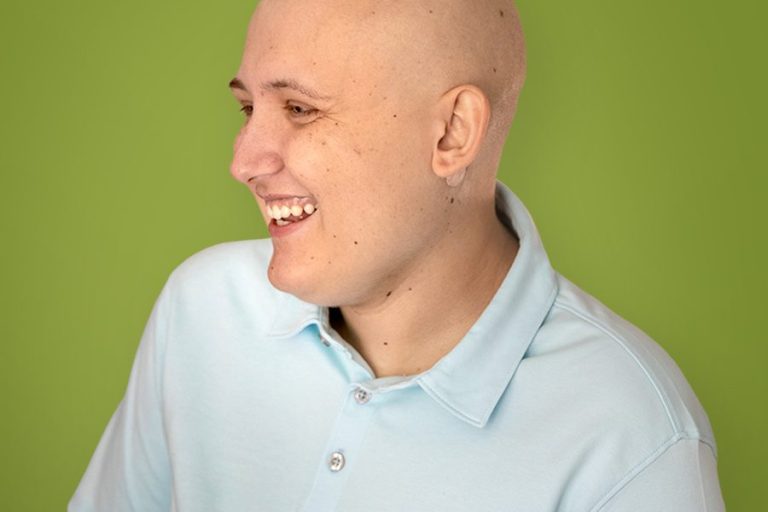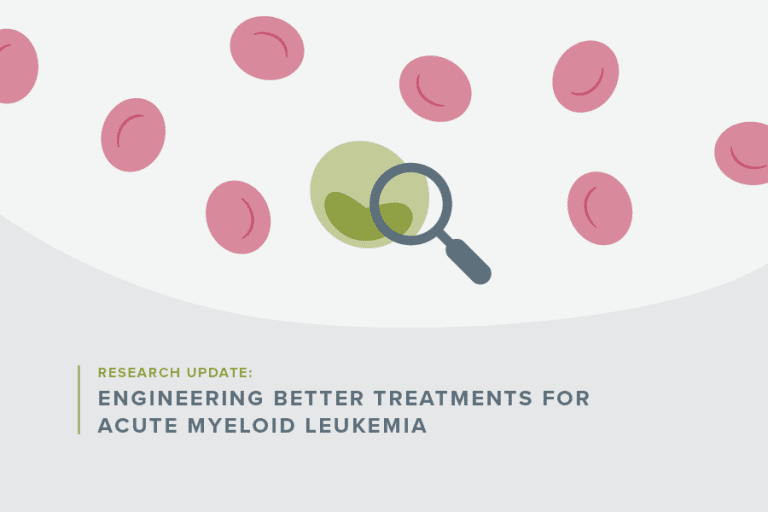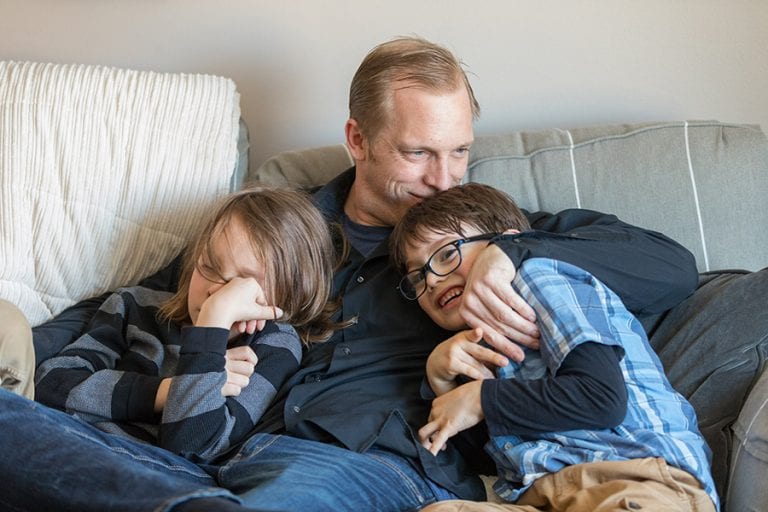When a child returns to school once treatment is finished, adjusting back to a “normal” routine can be difficult for both the family and school. You may be feeling both joyful and anxious. Your child may still be healing, both emotionally and physically. And your family may be facing new challenges. Some children get back into school routines quickly, while others may need more time to adjust. Here are some tips that may help you during this transition time:
For Parents
Talk with your child's doctor. Communicate with your doctor to learn about how treatment may impact your child’s energy level and ability to do schoolwork. Be sure to get a letter or note from the doctor that describes your child’s medical situation, limitations, and how much school they will likely miss.
Learn about assistance from the hospital and your child's school. Some hospitals have education coordinators and others have nurses who will tell you about education-related resources and assistance. Ask about an individualized education plan (IEP) for your child. This is an education plan for children with certain health conditions or disabilities. It describes what special services are needed (such as special class placement, extra help with class assignments and tests, tutoring, and other services such as counseling, speech therapy, and physical therapy) and how these services will be provided to your child.
Keep your child's teachers updated. Tell your child’s teachers and principals about your child’s medical situation. Share the letter from your child’s doctor. Talk with people at the school and hospital to make a plan that meets your child’s education needs both during and after treatment.
Learn about back-to-school programs offered by many hospitals. These programs help classmates and teachers learn about cancer and make your child’s return to school easier. The Dana-Farber Cancer Institute offers a back-to-school program that is designed to ease children’s transition back to the classroom. Their program includes:
- Student and family support – to prepare children to return to school, including individual counseling and family guidance
- Preparing school friends – teaching classmates about cancer and encouraging their support of the returning student
- Guidance for school staff – special programs to increase teachers’ understanding of the educational and psychological issues facing children with cancer
- Back-to-school visits – designed to alleviate any anxiety students may have and encourage sensitivity and support from classmates, teachers and school personnel.
Communicate with your child’s school so they can give your child any needed support. The teachers can also talk with your child’s classmates and help them welcome your child back. School counselors and school nurses may also be a big help.
Advocate for your child after a plan is in place and be sure that their needs are met. Don’t hesitate to ask a trusted friend or family member to help you stay on top of things.
For Students
Going back to school after treatment can come with a lot of anxiety. Maybe you’re nervous about reconnecting with friends or classmates, or maybe you’re hyper-aware of how different you look since the last time you saw them. Here are some tips to help you talk with classmates and adjust back to a school routine:
Have a family member or teacher talk to your class and provide basic information about your cancer and treatment. Some students prefer to be present during the conversation while others do not. If you feel comfortable, you can ask your teacher if you can talk to your class as well.
Consider going back for half days before going back to school full time. The flexible hours can help so that you can take rest breaks if needed. If you prefer to stay inside at break time or recess, most schools allow a friend to stay with you for company.
It’s okay to tell your classmates, “I’d rather not talk about that.” Many of your friends and other students will be curious and concerned about your treatment, and many of them will want to help. If you feel uncomfortable answering questions about your cancer journey, you can let them know yourself or ask a teacher or parent to let them know.
For your first few days back, have your friends meet you outside of school. This way, you do not have to walk in alone. Friends will also be more than happy to help you during the day if you need assistance at lunch time, help with carrying your books around, or just taking a break.
Source: https://www.cancer.gov/publications/patient-education/children-with-cancer.pdf
Your donation makes their fight easier.
Kids fighting cancer go through a lot - but you can make their treatments easier and more effective. Your donation will fund groundbreaking research that makes better, safer treatments possible for children and teens fighting cancer.




